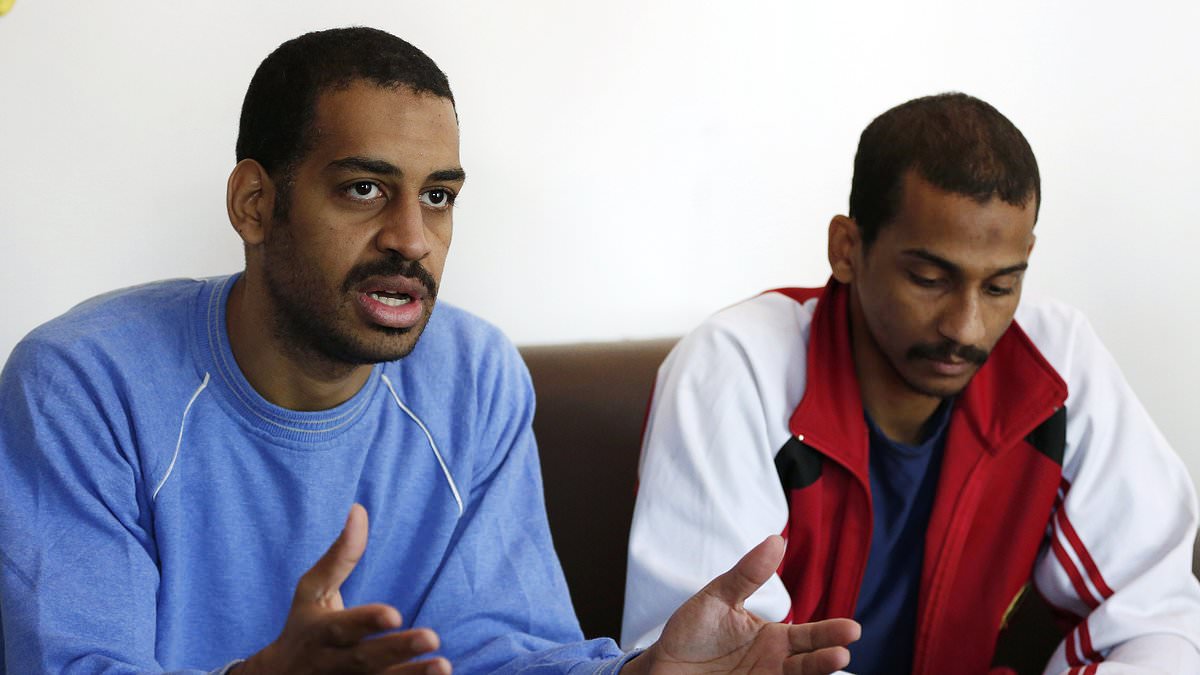
Understanding the Implications of Terrorist Prison Transfers
In a sobering development, the ongoing concerns surrounding the potential transfer of terrorists from US facilities to UK prisons grows as families of victims voice their fears. This issue has been brought into the spotlight by the tragic case of David Haines, an aid worker who was brutally murdered by an ISIS terror group known as ‘The Beatles’.
The Daughters’ Worries
Bethany Haines, the daughter of David Haines, recently expressed her distress regarding the possibility of Alexanda Kotey, a fellow member of the notorious gang, applying for a transfer to a UK prison. This concern stems from past trauma and the memories of her father’s kidnapping and execution.
Current Legal Proceedings
Currently, El Shafee Elsheikh, another notorious member of ‘The Beatles’, is serving a life sentence in a high-security prison in the United States after being convicted of his heinous crimes, including hostage-taking and murder. His application to be transferred back to the UK has sparked outrage among victim’s families who fear he could receive preferential treatment in a country he previously terrorized.
Families’ Voices
Victims’ families are understandably worried. Bethany Haines articulated the emotional turmoil this transfer application brings, citing her fear that these terrorists, once housed in UK prisons, could further manipulate the system, causing more distress to the families who lost loved ones to their relentless brutality.
The Broader Conversation
This situation opens up a broader conversation about how societies handle the incarceration of those who have committed egregious acts of violence. Supporters of tougher prison standards point to the need for increased restrictions and monitoring methods for high-risk prisoners. Resources aimed at supporting victims’ families, like the ‘Victim Support’ charity, can play a crucial role in this ongoing dialogue.
Conclusion: Protecting Victims’ Rights
As this story develops, it is essential to remain vigilant about the rights of victims and their families. They have endured immense pain, and as society, we must ensure their voices are heard in discussions about justice and rehabilitation.
You can support organizations advocating for victims’ rights through donations or volunteer work. One recommended charity is Victim Support, which assists those affected by crime.



